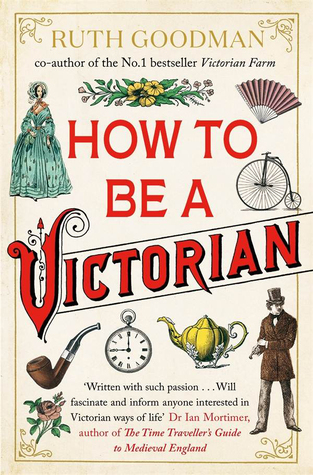More on this book
Community
Kindle Notes & Highlights
The fear of pregnancy after a string of difficult births and the struggle to feed more hungry mouths made many women approach sex with trepidation. Working-class women could be particularly affected by this fear.
By 1869, any woman in a garrison town could be arrested on mere suspicion of being a prostitute and subjected to a vaginal examination against her will. Those with an infection could then be incarcerated in a ‘lock hospital’. Once inside, the women were stripped, bathed and issued with institutional clothing before they were subjected to a regime of two internal inspections a week with a speculum and required to flush out their vaginas with a medicated solution using a ‘vaginal douche’ four times a day. Most were incarcerated for a six-week period, although some found themselves locked up for
...more
Protest was immediate and became a cause célèbre of the newly emerging women’s rights movement; the Contagious Diseases Acts legislation is often cited as one of the founding moments of modern feminism. Fears that young and respectable working-class women were being subjected to what amounted to sexual assault, and even rape, in the name of the law, became an outrage that united women across society to stand up for their human rights. The gross inequality of the acts, which condoned male sexual behaviour while penalizing and imprisoning working-class women, led to a more general campaign for
...more
A prostitute could make in two or three nights what a servant girl could make in a week of drudgery. Even including the high rent such women were charged, they were more financially secure than most female factory workers and servants, their work was generally less physically taxing, their hours were much shorter, and most were able to keep their own independence, away from the supervision and interference of masters, mistresses and parents.
If a new couple arrived in a neighbourhood and claimed to be married, they were very likely to be believed; proving otherwise was extremely difficult. In their own minds, they believed that they were married, and such a union was enough for them. For other couples, an informal proceeding of divorce and remarriage was practised by the simple expediency of moving house. Many friends, family and neighbours were happy to turn a blind eye to the legality of serial partnerships, as long as the children were still supported and the ordinary, day-to-day behaviour of the couple conformed to social
...more
The difficulty in obtaining a divorce, or the complexities of the incest laws, where a man could marry his own first cousin but not his dead wife’s sister or even his wife’s aunt, forced a number of otherwise respectable couples into unions unsanctioned by law.
Meanwhile, the Church held that, upon marriage, a man and wife became, literally, one flesh. Thus, a wife’s sister was viewed to be the same as one’s own sister.
For many Victorian families who had to contend with the death of a young wife, marriage of the widower to her sister seemed an ideal solution; she would be naturally inclined to love her dead sister’s children and would not be a stranger entering the family home.
Some wives actually made this their deathbed wish to their husbands.
The law was also abundantly clear on homosexual relationships. The act of sodomy had been illegal since 1535, and the law was re-enacted and strengthened in 1828. Yet attitudes towards same-sex relationships were to change as Victoria’s reign progressed. Male homosexual behaviour simultaneously became more visible, as policing became more widespread and effective, and as the national press grew and became more salacious. In short, more cases were tried and more people heard about them.
Homosexuality itself was primarily perceived as a trait of the wealthy classes. Working-class boys and men were often involved in homosexual behaviour, but people understood their motivation to be one of money.


